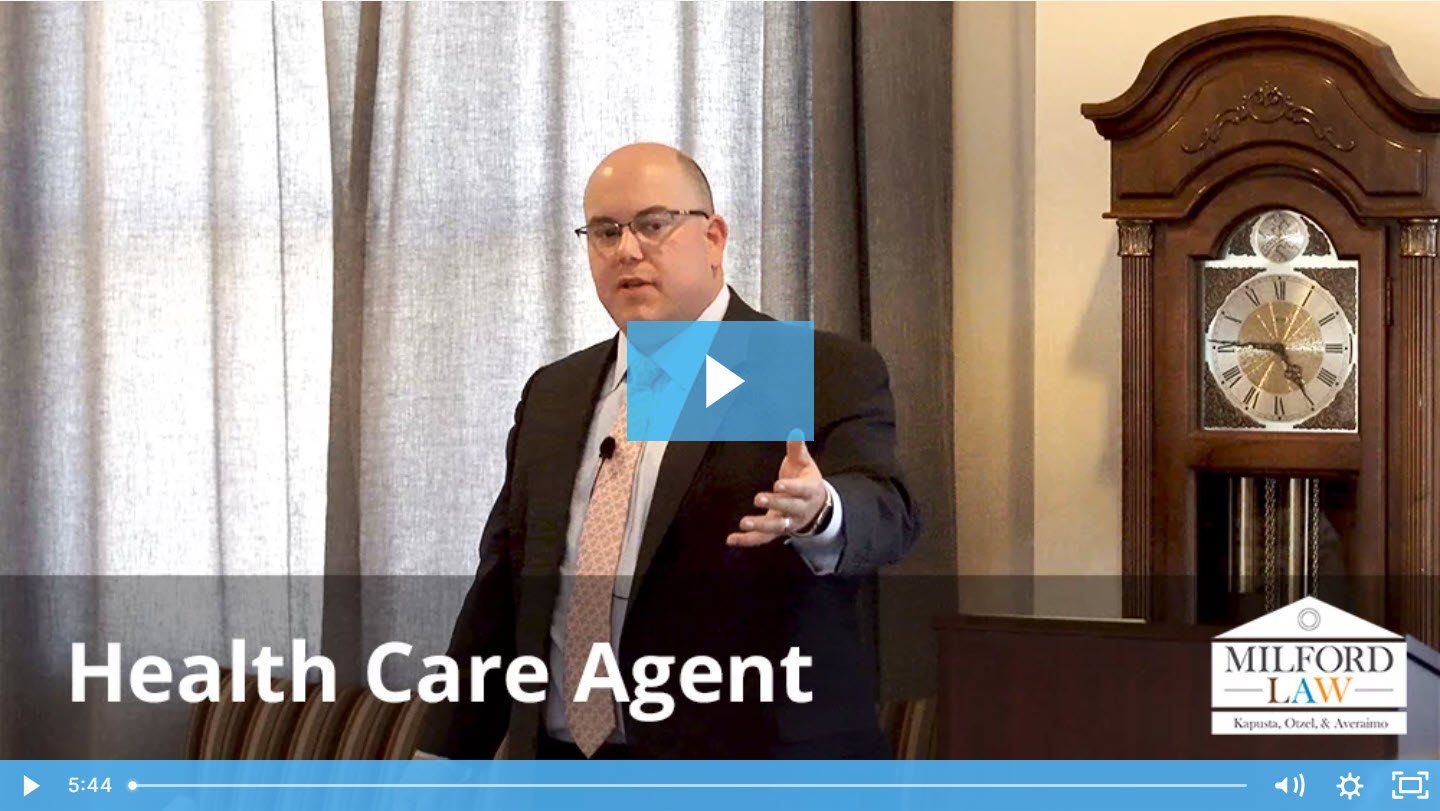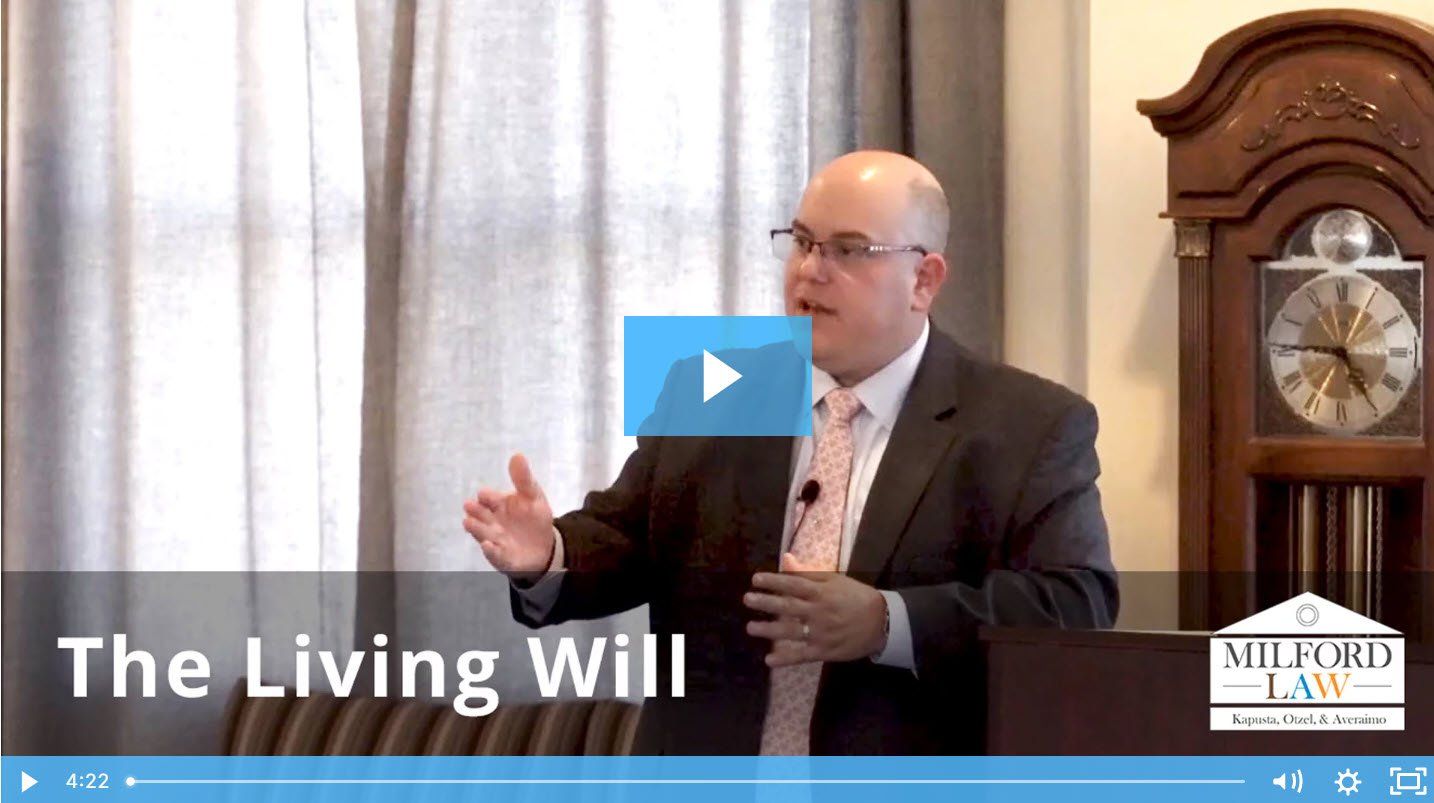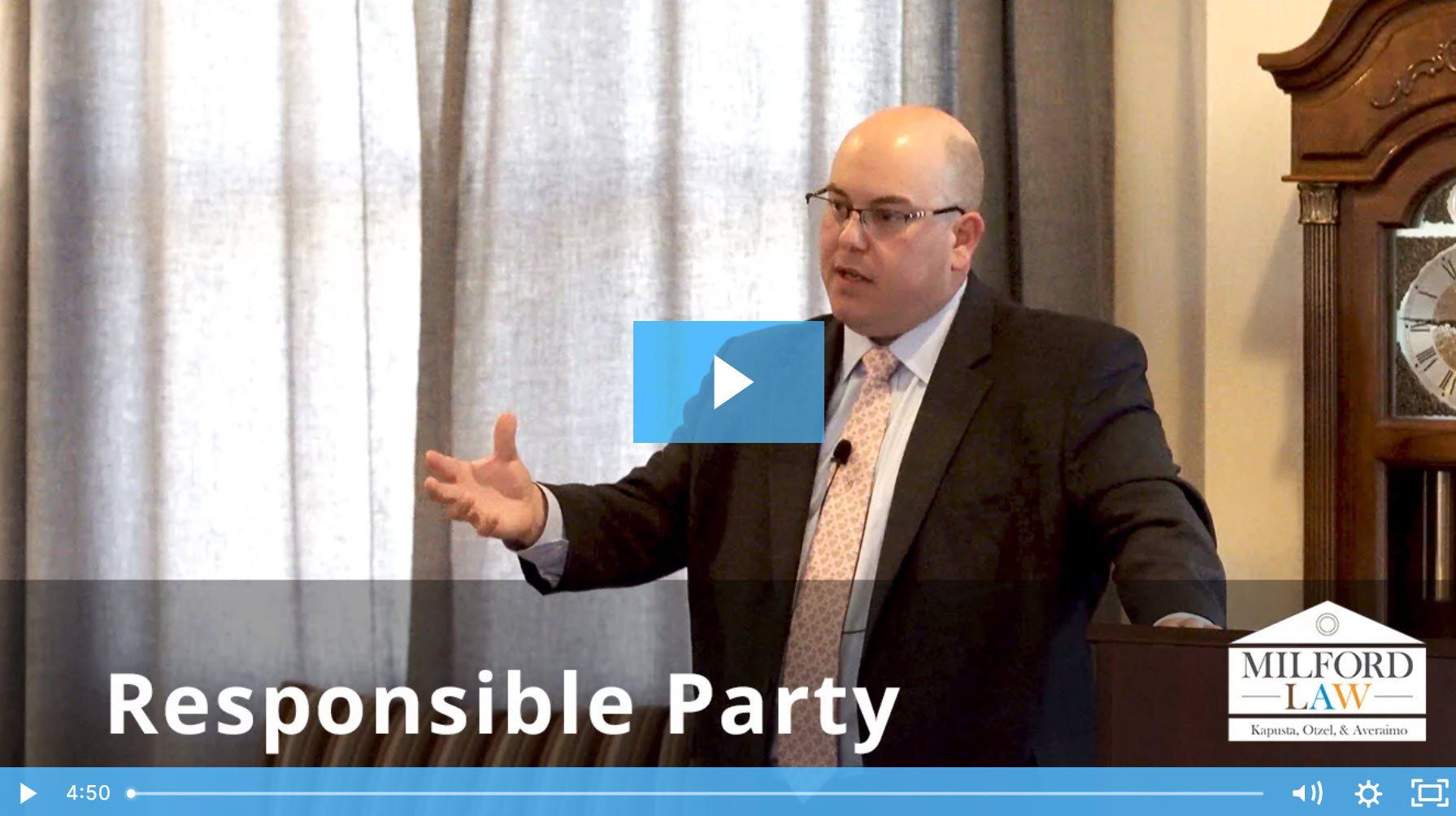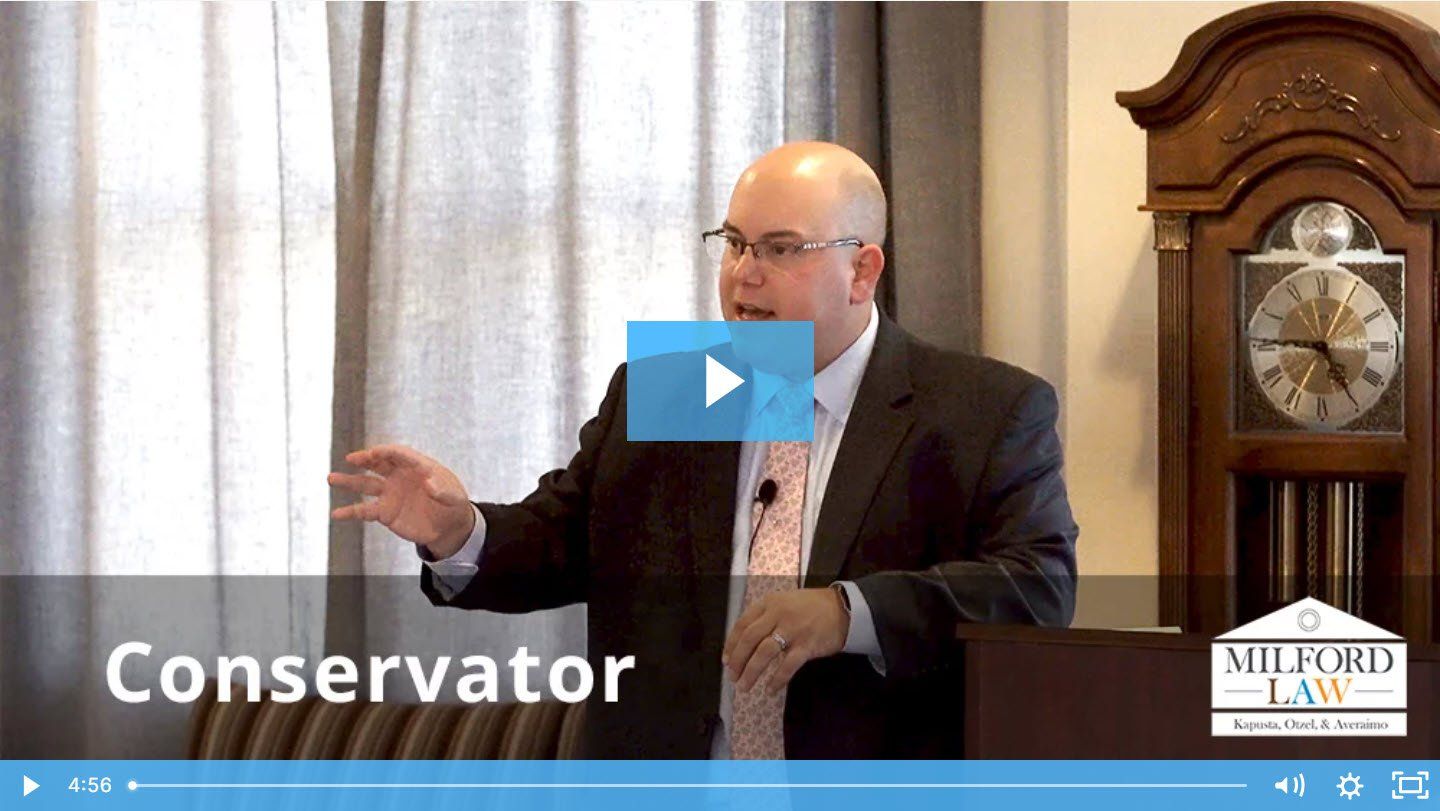Is Your Estate in Order?
That's a broad question and it's meant to create a line of thinking that not only relates to the legal world but quite possibly the financial world as well.
The first question we always ask when meeting with clients about estate planning is whether or not their estate is in order. That's a broad question and it is really meant to create a line of thinking that relates not only to consideration of the legal implications, but also to the financial ones as well. When we ask you whether or not your estate is in order what we're really asking is “do you have the proper documents in place to let the world know how you want your assets to be handled upon your passing?” What we are also asking is, even if you have those documents, “have you spoken with your financial and tax advisor to determine how your assets would pass when items don't necessarily pass through the probate process?”
As many of you may or may not know, the probate process in Connecticut is what an estate has to go through in order to wind up a person’s affairs after their death. Of course there are exceptions and case by case considerations as to whether or not a full probate of an estate will occur. Generally speaking, however, an estate will have to go through probate. To ensure the process goes smoothly and your wishes are carried out we believe that you need to have certain documents in place in order to authorize the management of your assets and the administration of your estate when you pass: a last will and testament, a durable power of attorney, a healthcare agent designation form, and a designation of conservator form. Some of these documents deal with your assets and others address your potential incapacity and who will be given responsibility and power under such circumstances.
A durable power of attorney is a document which relates to capacity and gives someone the authority to handle your affairs for you. Typical powers of attorney only relate to the management of assets and not with healthcare decisions.
Healthcare decisions can be addressed by a document known as a living will. A living will is a document that lets the world know that if it's determined to a medical degree of certainty that you're going to be in a persistent vegetative state, that you do not want extraordinary means used to prolong your life. In other words, you as an individual are making the difficult determination for yourself that you do not want your life extended past a certain point. This document also saves your loved ones from having to face the decision as to what should be done with respect your treatment if you find yourself in such a medical state.
These are but some of the documents, and tools, available to ensure that your estate completely and appropriately addresses your needs and wishes with respect to your assets and beneficiaries and healthcare and treatment.
Watch the full Estate Planning Seminar - Part 1:
Milford Law Articles











